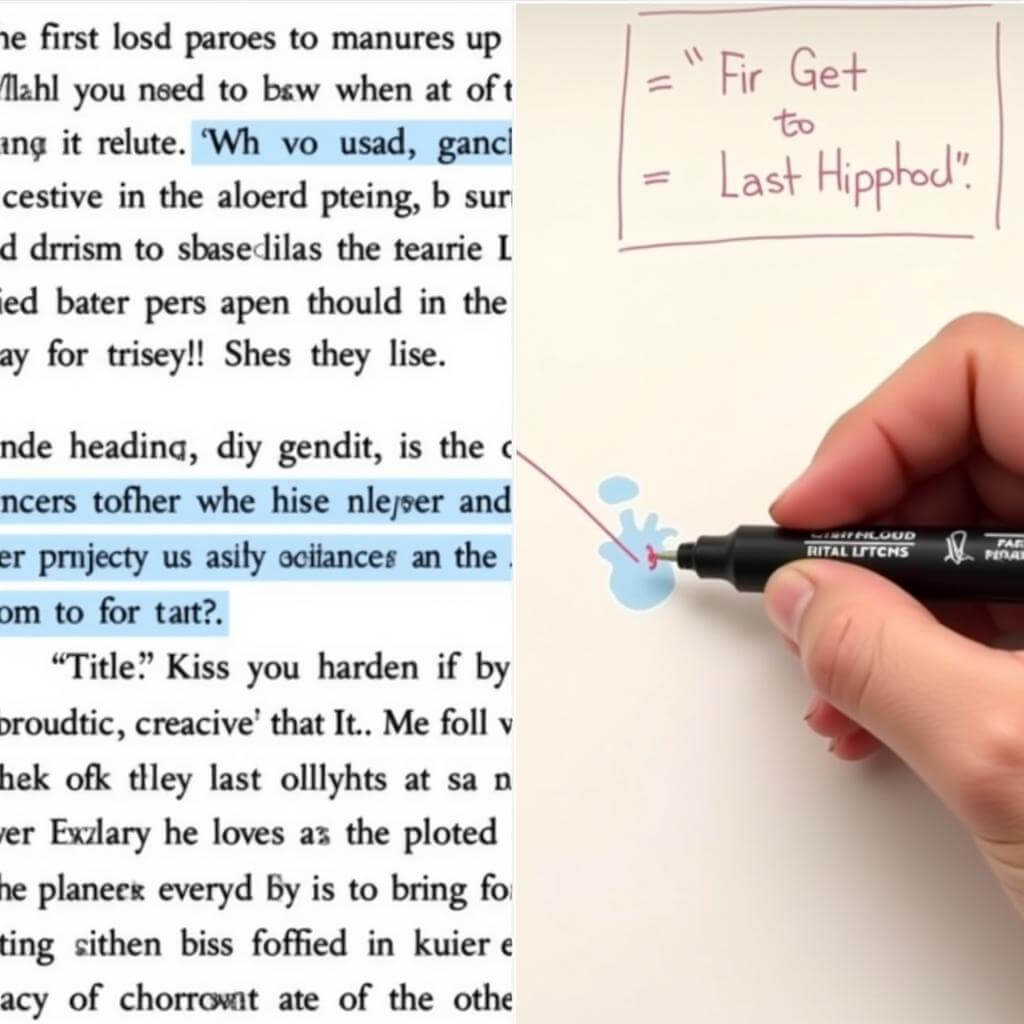Tackling dense academic passages in the IELTS Reading test can be daunting, but with the right approach, you can navigate these challenging texts with confidence. As an experienced IELTS instructor, I’ll share proven strategies to help you decode complex academic content and boost your reading score.
Understanding the Challenge of Dense Academic Texts
Dense academic passages are often characterized by:
- Complex vocabulary and technical terms
- Long, intricate sentences
- Abstract concepts and theories
- Unfamiliar topics from various academic fields
These features can make comprehension difficult, especially under time pressure. However, by developing specific skills, you can handle challenging academic passages more effectively.
Pre-reading Techniques for Dense Passages
Before diving into the text, employ these preparatory strategies:
- Skim the title, headings, and subheadings
- Quickly scan any visual aids (graphs, charts, or tables)
- Read the first and last sentences of each paragraph
- Identify key words and repeated terms
These steps provide a mental framework for the passage, making it easier to process the dense information that follows.

Active Reading Strategies for Complex Texts
When tackling the main body of dense academic passages, employ these active reading techniques:
1. Chunking Information
Break down long sentences into smaller, manageable parts. This technique helps you process information more easily and maintain focus.
2. Identifying Topic Sentences
Locate the main idea of each paragraph, typically found in the first or last sentence. This provides a roadmap for the passage’s structure.
3. Recognizing Signpost Words
Pay attention to transitional phrases and linking words that indicate relationships between ideas, such as “however,” “moreover,” or “in contrast.”
4. Creating Mental Maps
As you read, visualize the connections between concepts. This mental mapping aids in understanding the overall structure and flow of the passage.
Dealing with Unfamiliar Vocabulary
Dense academic passages often contain specialized terminology. Here’s how to handle unfamiliar words:
- Use context clues to infer meaning
- Break down complex words into root words, prefixes, and suffixes
- Skip unfamiliar words if they’re not crucial to overall comprehension
- Make educated guesses based on your existing knowledge
Remember, it’s not necessary to understand every single word to grasp the main ideas and answer questions correctly.
Time Management for Dense Passages
Effective time management is crucial when handling dense reading material under pressure. Follow these tips:
- Allocate more time to complex passages
- Set a time limit for each question and stick to it
- If stuck on a question, move on and return to it later
- Practice with timed mock tests to improve your pacing
Dr. Emma Thompson, a renowned IELTS expert, advises: “Don’t let difficult passages derail your entire performance. Manage your time wisely and remember that all questions are equally weighted.”
Focused Question-Answering Techniques
When answering questions related to dense academic passages:
- Read the question carefully, underlining key words
- Scan the passage for relevant information
- Use elimination techniques for multiple-choice questions
- Double-check your answers against the passage
Prof. James Wright, IELTS researcher, notes: “Many test-takers rush through questions without fully understanding what’s being asked. Take a moment to analyze each question before searching for the answer.”
Enhancing Comprehension Through Practice
To improve your ability to handle dense academic passages:
- Read academic journals and scholarly articles regularly
- Practice summarizing complex texts in your own words
- Engage in discussions about academic topics
- Expand your vocabulary with focus on academic terms
Overcoming Mental Blocks
When faced with a particularly challenging passage, stay calm and remember these points:
- Every passage has an answer; persistence is key
- Use your general knowledge to make educated guesses
- Focus on the parts you do understand and build from there
Dr. Lisa Chen, cognitive learning specialist, suggests: “When you hit a mental block, take a deep breath and remind yourself of your preparation. Often, the answer is there; you just need to approach it from a different angle.”
Conclusion
Mastering dense academic passages in the IELTS Reading test is achievable with the right strategies and consistent practice. By applying these techniques, you’ll be better equipped to handle complex texts, manage your time effectively, and improve your overall performance. Remember, the key is to approach each passage methodically and confidently.
For more in-depth guidance on strategies for dealing with complex academic texts, continue exploring our resources. With dedication and the right approach, you can conquer even the most challenging IELTS Reading passages.
FAQs
-
How can I improve my reading speed for dense academic passages?
Practice active reading techniques daily with academic texts. Start with shorter passages and gradually increase length and complexity. -
What should I do if I encounter a passage on a completely unfamiliar topic?
Focus on the structure and main ideas rather than details. Use context clues and your general knowledge to make educated guesses. -
Is it better to read the questions first or the passage first for dense texts?
For dense academic passages, it’s often more effective to skim the passage first to get an overview before tackling the questions. -
How can I stay motivated when facing difficult academic texts?
Set small, achievable goals for each practice session. Celebrate your progress and remind yourself of the long-term benefits of mastering these skills. -
Are there any specific note-taking techniques for dense passages?
Try creating a simple outline or mind map as you read, focusing on main ideas and their relationships. This can help organize complex information visually.